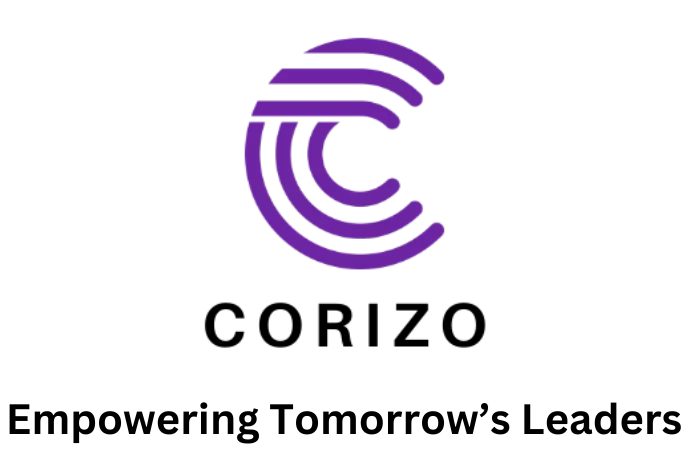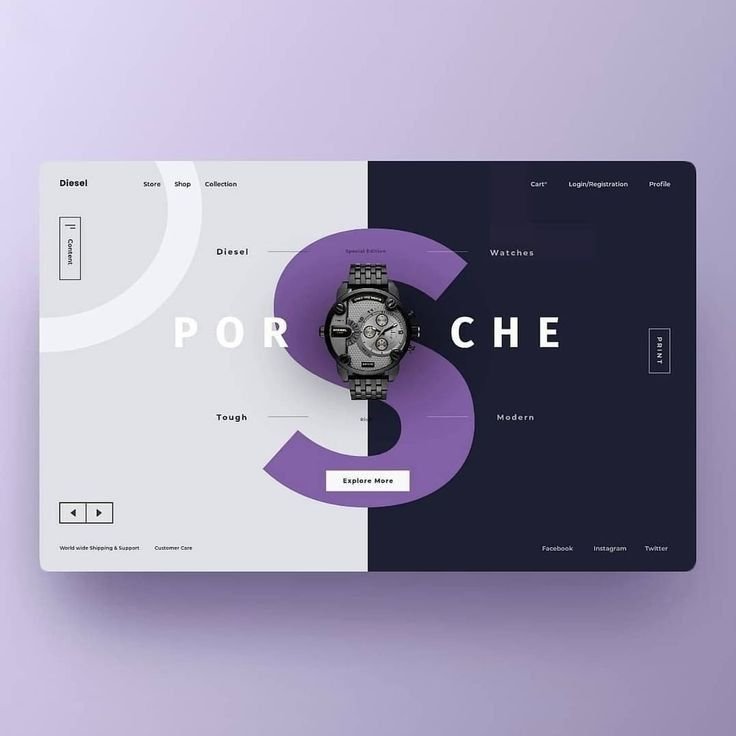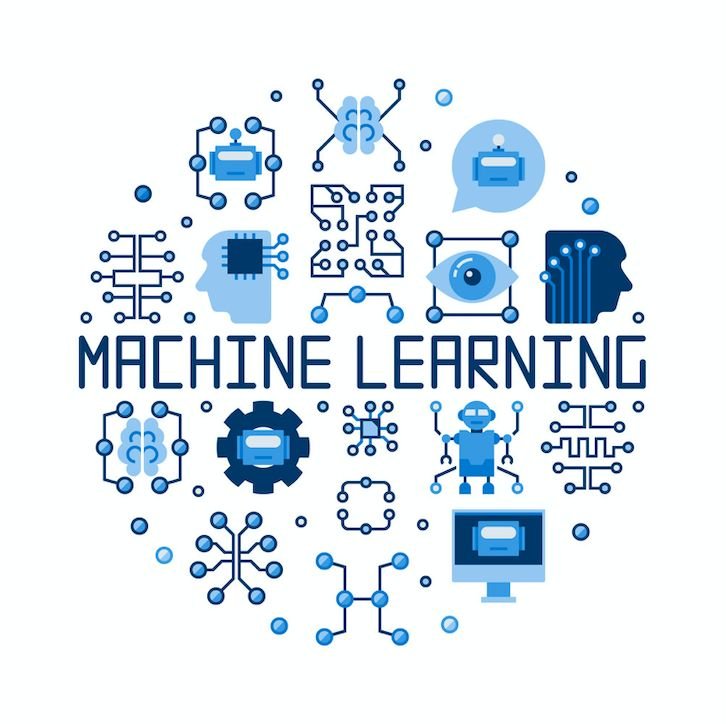Web development is a rewarding field that combines creativity and technical skills to build websites and web applications. Whether you’re a complete beginner or looking to enhance your existing skills, there are many effective ways to learn web development. Here’s a comprehensive guide to help you get started and progress in your web development journey.
1. Understand the Basics
HTML and CSS
- HTML (HyperText Markup Language): Learn the structure of web pages, how to use tags, and how to create basic elements like headings, paragraphs, lists, links, and images.
- CSS (Cascading Style Sheets): Understand how to style web pages, including layout, color, fonts, and responsiveness. Learn about CSS Flexbox and Grid for layout design.
JavaScript
- Basics of JavaScript: Start with variables, data types, operators, functions, and control structures.
- DOM Manipulation: Learn how to interact with and manipulate the Document Object Model (DOM) to create dynamic content.
2. Explore Front-End Development
Frameworks and Libraries
- React: A popular JavaScript library for building user interfaces. Learn about components, state, and props.
- Vue.js: A progressive JavaScript framework for building user interfaces. It’s known for its simplicity and ease of integration.
- Angular: A robust front-end framework maintained by Google. It’s great for building large-scale applications.
Tools and Best Practices
- Version Control: Learn Git and GitHub for version control and collaboration.
- Responsive Design: Understand how to create websites that work well on various screen sizes using media queries and responsive design principles.
- Browser Developer Tools: Use the built-in developer tools in browsers like Chrome and Firefox to debug and optimize your web pages.
3. Dive into Back-End Development
Server-Side Languages and Frameworks
- Node.js: Learn how to build scalable network applications using JavaScript on the server side.
- Python: Understand how to use frameworks like Django and Flask for web development.
- Ruby on Rails: A popular web application framework written in Ruby that follows the convention over configuration principle.
Databases
- SQL Databases: Learn about relational databases like MySQL, PostgreSQL, and SQLite.
- NoSQL Databases: Understand the basics of NoSQL databases like MongoDB, which is often used with Node.js.
4. Full-Stack Development
Combining Front-End and Back-End
- MEAN/MERN Stack: Learn how to build full-stack applications using MongoDB, Express.js, Angular/React, and Node.js.
- LAMP Stack: Understand the components of the Linux, Apache, MySQL, and PHP stack for building dynamic websites.
5. Practical Experience
Build Projects
- Portfolio Website: Create a personal portfolio website to showcase your skills and projects.
- Cloning Websites: Try to clone popular websites to understand how they are built and to practice your skills.
- Open Source Contributions: Contribute to open-source projects to gain real-world experience and collaborate with other developers.
Online Courses and Tutorials
- FreeCodeCamp: Offers free, comprehensive courses covering HTML, CSS, JavaScript, and more.
- Codecademy: Interactive courses on various web development topics.
- Udemy and Coursera: Paid courses with in-depth content and projects to build.
6. Stay Updated and Join the Community
Follow Blogs and News Sites
- Smashing Magazine: Articles on web design and development.
- CSS-Tricks: Tips and tricks for CSS and front-end development.
- MDN Web Docs: Comprehensive documentation for HTML, CSS, and JavaScript.
Participate in Forums and Communities
- Stack Overflow: Ask questions and learn from other developers.
- Reddit: Join subreddits like r/webdev and r/learnprogramming.
- Local Meetups and Conferences: Attend events to network with other developers and learn from industry experts.
7. Practice, Practice, Practice
- Coding Challenges: Use platforms like LeetCode, HackerRank, and Codewars to improve your problem-solving skills.
- Build and Iterate: Continuously build new projects, iterate on them, and learn from your mistakes.
Conclusion
Learning web development is a continuous journey that combines theoretical knowledge with practical application. By starting with the basics, exploring both front-end and back-end development, building projects, and staying engaged with the community, you can develop the skills needed to become a proficient web developer. Keep practicing, stay curious, and enjoy the process of creating and innovating on the web. Happy coding!
4o





